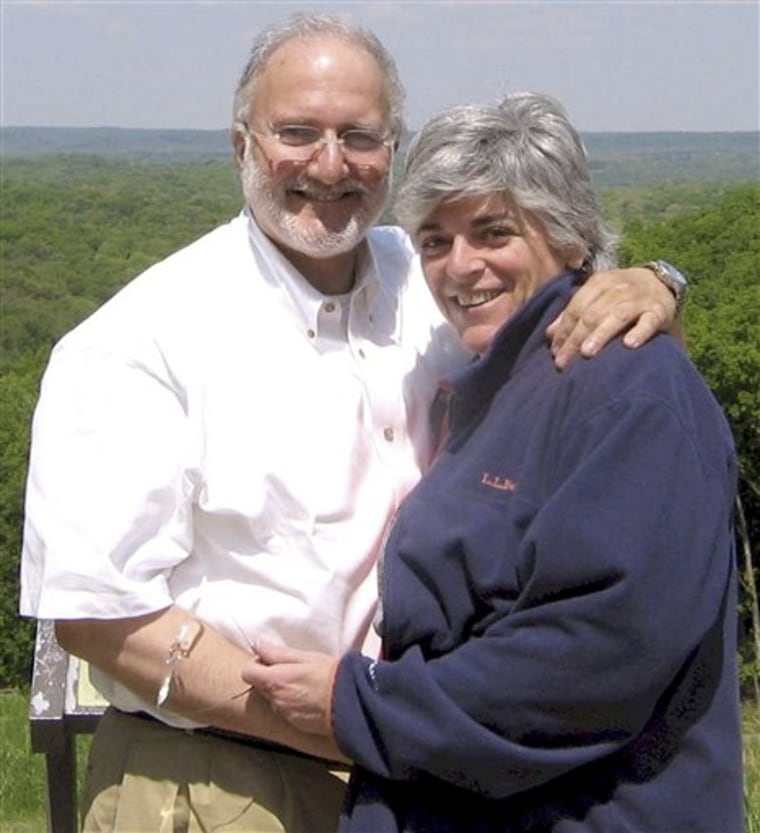A Cuban court on Saturday found U.S. contractor Alan Gross guilty of crimes against the state and sentenced him to 15 years in prison, a verdict that is sure to have sweeping repercussions for already-sour relations between Washington and Havana.
The court said prosecutors had proved their case that Gross, 61, was working on a "subversive" program paid for by the United States that aimed to bring down Cuba's communist government. Prosecutors had sought a 20-year sentence.
A spokeswoman for the U.S. diplomatic mission in Havana assailed the ruling.
"We reject and deplore this ruling," said Gloria Berbena. "It is appalling that the Cuban government seeks to criminalize what most of the world deems normal, in this case access to information and technology."
The Maryland native was arrested in December 2009 while on a USAID backed democracy-building project. The U.S. government and Gross's family say he was working to improve Internet access for the island's Jewish community, and should be released.
Cuban officials have called him a mercenary and maintained his motives were more nefarious. The court said the program that Gross worked on — part of a $20 million Washington effort to support democracy on the island — showed that the U.S. government continues to seek the government's overthrow.
The court found that evidence "demonstrated the participation of the North American contractor in a subversive project of the U.S. government that aimed to destroy the Revolution through the use of communications systems out of the control of authorities," according to a statement read out on the afternoon news.
Bethesda, Md., based Development Alternatives Inc., or DAI, was awarded a multimillion-dollar contract for the program in which Gross was involved, and Gross received more than a half million dollars through his company, despite the fact he spoke little Spanish and had no history of working in Cuba. Gross traveled to the island several times over a short period on a tourist visa, apparently raising Cuban suspicions.
The USAID programs have been criticized repeatedly in congressional reports as being wasteful and ineffective, and funding was held up briefly in 2010 over concerns following Gross' arrest. The money has begun flowing again, though U.S. officials say DAI is no longer part of the program.
Now that Gross has been convicted, his backers will try to get him released through a court action or executive pardon, possibly on humanitarian grounds. His wife Judy says Gross has lost more than 90 pounds since his arrest, and that his 26-year-old daughter and 88-year-old mother are both suffering from cancer.
Gross's American lawyer, Peter J. Kahn, said his client's family was "devastated by the verdict and harsh sentence."
He said he would work with Gross's Cuban lawyer to seek his release through appeal or other avenue.
Several Cuba experts have said Havana hoped to use Gross's case to shine a light on the democracy-building programs. Now that he has been convicted, they argue, Cuba has no strategic reason to keep him in prison much longer.
However, such a process could take weeks or months to play out, if it happens at all. In the meantime, the conviction is sure to plunge relations to a new low. U.S. officials have said repeatedly that no rapprochement is possible while Gross remains jailed.
